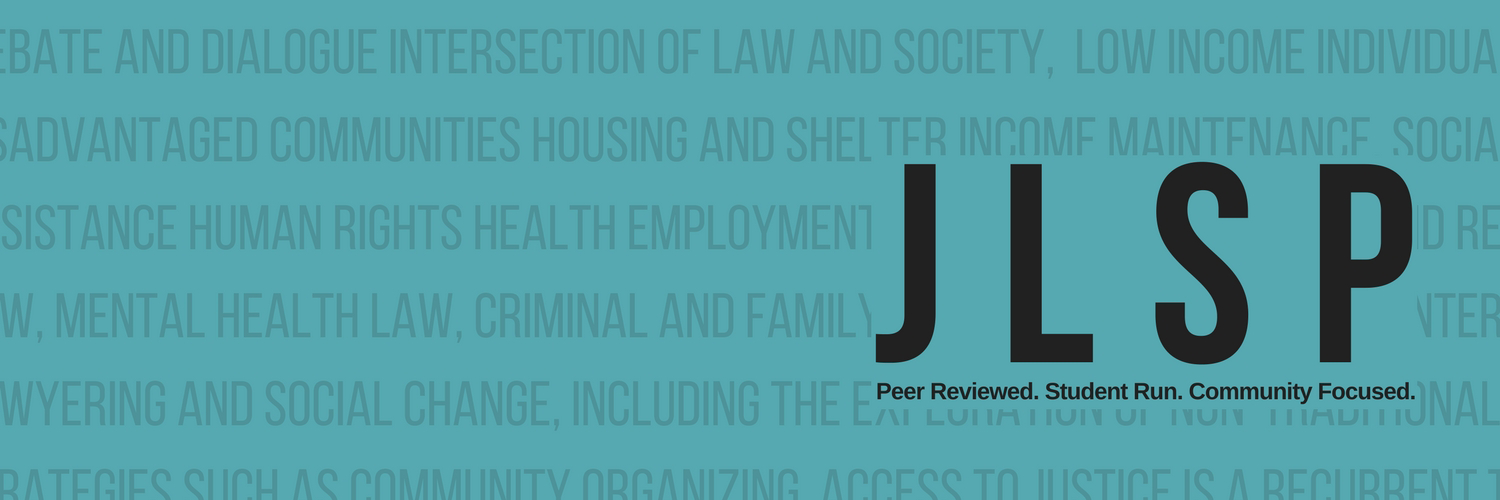
Document Type
Article
English Abstract
This article analyzes the legislative debates on Ontario’s Better Local Government Act, 2018 through the prism of the reasons why deference should be conferred on choices made by legislatures. It uses the works of British scholar Aileen Kavanagh and Canadian scholar Yasmin Dawood to define a nuanced model of deference focused on the manner in which legislatures have engaged with the problem of rights protection. It provides a six-point framework that summarizes current caselaw and integrates Dawood’s and Kavanagh’s insights. The framework suggests that deference is not warranted on the definition of rights, “manner and form” legislative prescriptions, or partisan self-entrenchment motivations, but is warranted for the resolution of multifaceted issues, informed by governmental expertise, and subject to meaningful parliamentary debates focused on rights and accompanied by participation of electors. The article then carefully analyses the entire parliamentary debates surrounding the Better Local Government Act, 2018. It focuses, as Kavanagh suggests, on the importance of distinguishing between the quality of the decision-making process and the quality of the individual reasoning, the former being the matter that courts should assess, rather than the latter. The article concludes that deference is not warranted in the case of the Better Local Government Act, 2018, since the legislative debates did not focus on expertise, were truncated, dealt minimally with the possible rights violations, and did not offer any participatory possibility. The article also offers some conclusions as to the proper use of parliamentary debates. It concludes that courts could send a signal that deference is owed only when governments and legislatures take rights seriously and provide a rationale for their choices. This may create the right incentives for Parliamentarians to address Charter concerns.
Citation Information
Des Rosiers, Nathalie.
"Deference to Legislatures: The Case of the 2018 Ontario Better Local Government Act."
Journal of Law and Social Policy
34.
(2021): 39-67.
DOI: https://doi.org/10.60082/0829-3929.1407
https://digitalcommons.osgoode.yorku.ca/jlsp/vol34/iss1/3
